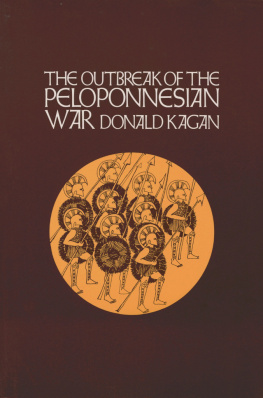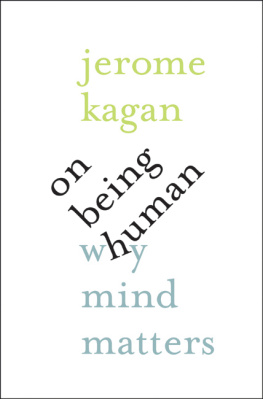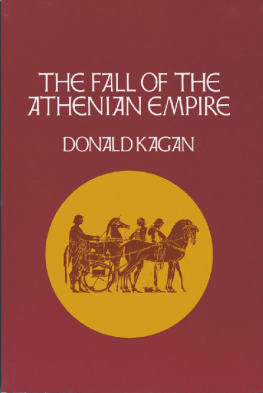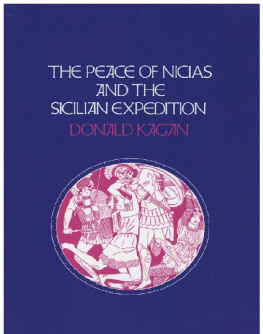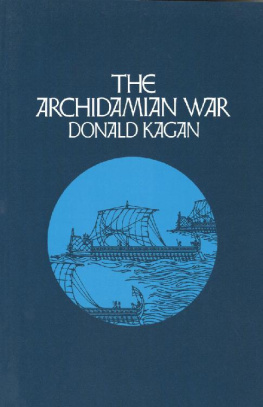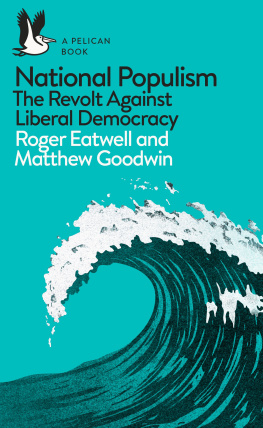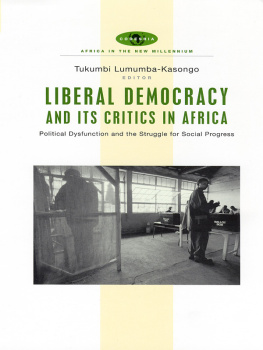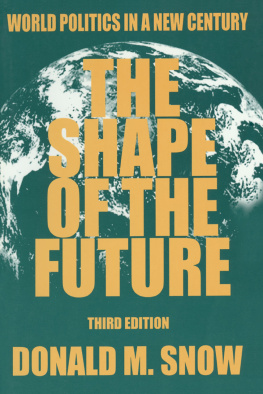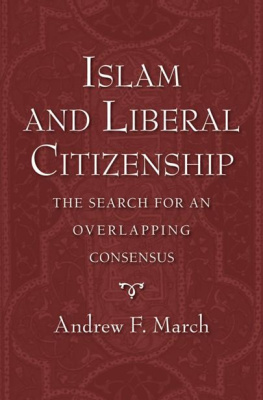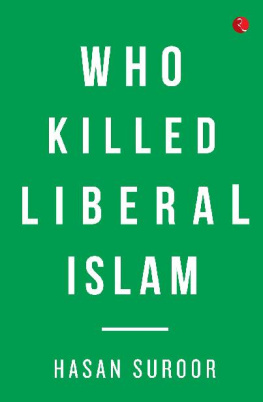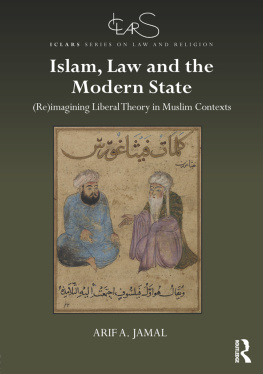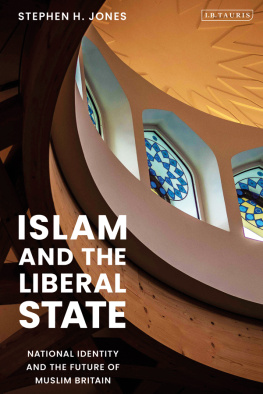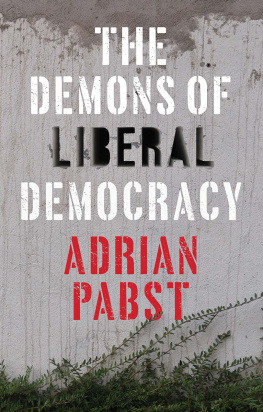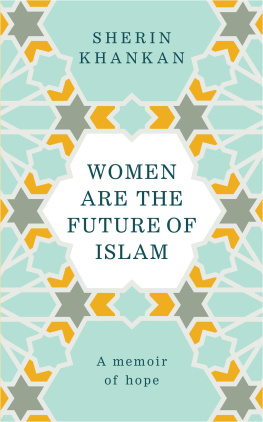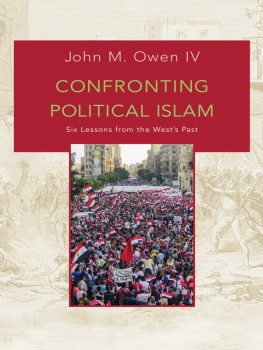Kagan - The Return of History and the End of Dreams
Here you can read online Kagan - The Return of History and the End of Dreams full text of the book (entire story) in english for free. Download pdf and epub, get meaning, cover and reviews about this ebook. City: New York, year: 2008, publisher: Knopf Doubleday Publishing Group, genre: Politics. Description of the work, (preface) as well as reviews are available. Best literature library LitArk.com created for fans of good reading and offers a wide selection of genres:
Romance novel
Science fiction
Adventure
Detective
Science
History
Home and family
Prose
Art
Politics
Computer
Non-fiction
Religion
Business
Children
Humor
Choose a favorite category and find really read worthwhile books. Enjoy immersion in the world of imagination, feel the emotions of the characters or learn something new for yourself, make an fascinating discovery.

The Return of History and the End of Dreams: summary, description and annotation
We offer to read an annotation, description, summary or preface (depends on what the author of the book "The Return of History and the End of Dreams" wrote himself). If you haven't found the necessary information about the book — write in the comments, we will try to find it.
Kagan: author's other books
Who wrote The Return of History and the End of Dreams? Find out the surname, the name of the author of the book and a list of all author's works by series.
The Return of History and the End of Dreams — read online for free the complete book (whole text) full work
Below is the text of the book, divided by pages. System saving the place of the last page read, allows you to conveniently read the book "The Return of History and the End of Dreams" online for free, without having to search again every time where you left off. Put a bookmark, and you can go to the page where you finished reading at any time.
Font size:
Interval:
Bookmark:
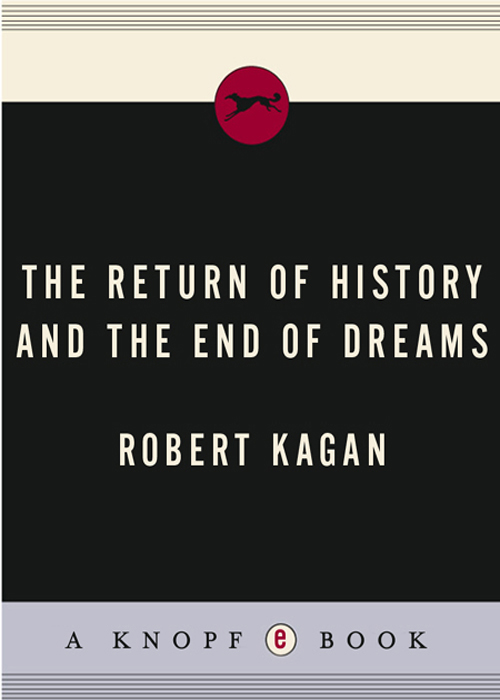
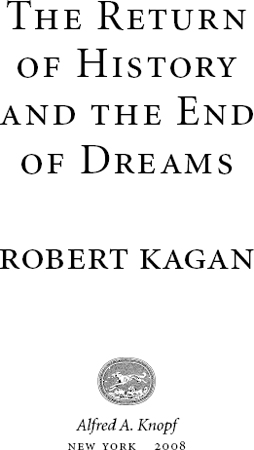
CONTENTS
For Dad
THE WORLD HAS BECOME normal again. The years immediately following the end of the Cold War offered a tantalizing glimpse of a new kind of international order, with nation-states growing together or disappearing, ideological conflicts melting away, cultures intermingling, and increasingly free commerce and communications. The modern democratic world wanted to believe that the end of the Cold War did not just end one strategic and ideological conflict but all strategic and ideological conflict. People and their leaders longed for a world transformed.1
But that was a mirage. The world has not been transformed. In most places, the nation-state remains as strong as ever, and so, too, the nationalist ambitions, the passions, and the competition among nations that have shaped history. The United States remains the sole superpower. But international competition among great powers has returned, with Russia, China, Europe, Japan, India, Iran, the United States, and others vying for regional predominance. Struggles for status and influence in the world have returned as central features of the international scene. The old competition between liberalism and autocracy has also reemerged, with the worlds great powers increasingly lining up according to the nature of their regimes. And an even older struggle has erupted between radical Islamists and the modern secular cultures and powers that they believe have dominated, penetrated, and polluted their Islamic world. As these three struggles combine and collide, the promise of a new era of international convergence fades. We have entered an age of divergence.
With the dreams of the postCold War era dissolving, the democratic world will have to decide how to respond. In recent years, as the autocracies of Russia and China have risen and the radical Islamists have waged their struggle, the democracies have been divided and distracted by issues both profound and petty. They have questioned their purpose and their morality, argued over power and ethics, and pointed to one anothers failings. Disunity has weakened and demoralized the democracies at a moment when they can least afford it. History has returned, and the democracies must come together to shape it, or others will shape it for them.
HOPES AND DREAMS
IN THE EARLY 1990S, the optimism was understandable and almost universal. The collapse of the communist empire and the apparent embrace of democracy by Russia seemed to augur a new era of global convergence. The great adversaries of the Cold War suddenly shared many common goals, including a desire for economic and political integration. Even after the political crackdown that began in Tiananmen Square in 1989 and disturbing signs of instability in Russia after 1993, most Americans and Europeans believed China and Russia were on a path toward liberalism. Boris Yeltsins Russia seemed committed to the liberal model of political economy and closer integration with the West. The Chinese governments commitment to economic opening, it was hoped, would inevitably produce a political opening, whether Chinese leaders wanted it or not.
Such determinism was characteristic of postCold War thinking. In a globalized economy, most believed, nations had no choice but to liberalize, first economically, then politically, if they wanted to compete and survive. As national economies approached a certain level of per capita income, growing middle classes would demand legal and political power, which rulers would have to grant if they wanted their nations to prosper. Since democratic capitalism was the most successful model for developing societies, all societies would eventually choose that path. In the battle of ideas, liberalism had triumphed. As Francis Fukuyama famously put it, At the end of history, there are no serious ideological competitors left to liberal democracy.2
The economic and ideological determinism of the early postCold War years produced two broad assumptions that shaped both policies and expectations. One was an abiding belief in the inevitability of human progress, the belief that history moves in only one directiona faith born in the Enlightenment, dashed by the brutality of the twentieth century, but given new life by the fall of communism. The other was a prescription for patience and restraint. Rather than confront and challenge autocracies, it was better to enmesh them in the global economy, support the rule of law and the creation of stronger state institutions, and let the ineluctable forces of human progress work their magic.
With the world converging around the shared principles of Enlightenment liberalism, the great task of the postCold War era was to build a more perfect international system of laws and institutions, fulfilling the prophecies of Enlightenment thought stretching back to the seventeenth and eighteenth centuries. A world of liberal governments would be a world without war, just as Kant had imagined. The free flow of both goods and ideas in the new globalized era would be an antidote to human conflict. As Montesquieu had argued, The natural effect of commerce is to lead toward peace.3 This old Enlightenment dream seemed suddenly possible because, along with the apparent triumph of international liberalism, the geopolitical and strategic interests of the worlds great powers also seemed to converge. In 1991, President George H. W. Bush spoke of a new world order in which the nations of the world, East and West, North and South, can prosper and live in harmony, where the rule of law supplants the rule of the jungle, where nations recognize the shared responsibility for freedom and justice. It was a world quite different from the one weve known.4
The world looked different primarily because the Soviet Union was different. No one would have suggested that history had ended if the communist Soviet Union had not so suddenly and dramatically died and been transformed after 1989. The transformation of Soviet and then Russian foreign policy was remarkable. The peaceful influence of liberal ideas completely reoriented Russian perspectives on the worldor so it seemed.5 Even in the last years of the Cold War, advocates of new thinking in Moscow called for convergence and the breakdown of barriers between East and West, a common embrace, as Mikhail Gorbachev put it, of universal values. Then, in the early Yeltsin years, under foreign minister Andrei Kozyrev, Russia appeared committed to entering postmodern Europe. Moscow no longer defined its interests in terms of territory and traditional spheres of interest but rather in terms of economic integration and political development. It renounced regional hegemony, withdrew troops from neighboring states, slashed defense budgets, sought alliance with the European powers and the United States, and in general shaped its foreign policies on the premise that its interests were the same as those of the West. Russias wish was simply to belong.6
The democratization of Russia, beginning even in the Gorbachev years, had led the countrys leaders to redefine and recalculate Russias national interests. Moscow could give up imperial control in Eastern Europe, could give up its role as a superpower, not because the strategic situation had changedif anything, the United States was more menacing in 1985 than it had been in 1975but because the regime in Moscow had changed. A democratizing Russia did not fear the United States or the enlargement of its alliance of democracies.7
If Russia could abandon traditional great power politics, so could the rest of the world. The age of geopolitics has given way to an age of what might be called geo-economics, Martin Walker wrote in 1996. The new virility symbols are exports and productivity and growth rates and the great international encounters are the trade pacts of the economic superpowers.8 Competition among nations might continue, but it would be peaceful commercial competition. Nations that traded with one another would be less likely to fight one another. Increasingly commercial societies would be more liberal both at home and abroad. Their citizens would seek prosperity and comfort and abandon the atavistic passions, the struggles for honor and glory, and the tribal hatreds that had produced conflict throughout history.
Next pageFont size:
Interval:
Bookmark:
Similar books «The Return of History and the End of Dreams»
Look at similar books to The Return of History and the End of Dreams. We have selected literature similar in name and meaning in the hope of providing readers with more options to find new, interesting, not yet read works.
Discussion, reviews of the book The Return of History and the End of Dreams and just readers' own opinions. Leave your comments, write what you think about the work, its meaning or the main characters. Specify what exactly you liked and what you didn't like, and why you think so.

